If you’ve spent any time in Ukraine, you’ve likely heard their names, seen monuments to them or even encountered their portraits on the Ukrainian national currency, the hryvnia.
They are historical figures — politicians, writers, religious leaders and educators — who have left an indelible mark on Ukraine, helping to shape the modern nation. Often, their influence even extends far beyond the borders of Ukraine.
JOIN US ON TELEGRAM
Follow our coverage of the war on the @Kyivpost_official.
Who are the 10 most important figures in Ukrainian history? Given the country’s tumultuous path through the ages, it’s not an easy list to compile. The Kyiv Post turned to Serhii Plokhy, professor of Ukrainian history at Harvard University, and he provided us with this list of historical “influencers.”
We explain what makes them important in the history of Ukraine.
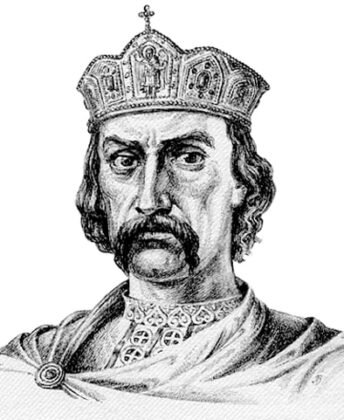
St. Volodymyr
958–1015
The ruler of the Kyivan Rus from 980 until his death in 1015, he consolidated his kingdom and defended it from foreign invaders. Today, however, he is best known for converting the Kyivan Rus to Orthodox Christianity in 988. For this reason, he is considered a saint in Ukrainian Orthodox Christianity.
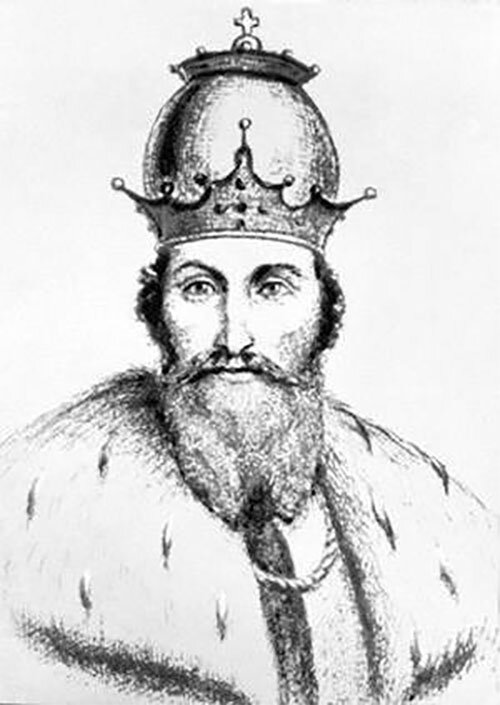
Prince Danylo of Halych
1201–1264
During his rule from 1253–1264, Prince Danylo of Halych united the territories of what is today western Ukraine. Danylo was the last de facto ruler of the Kyivan Rus — during his reign, in 1240, the Mongols burned the city of Kyiv to the ground. In a bid for autonomy from his Mongol overlords, Danylo attempted to build an alliance with the Pope, who crowned him the King of Ruthenia. Today, he is most widely recognized for founding Lviv, the largest city in Ukraine’s west and the region’s cultural capital.

Erdogan and Zelensky Meet in Ankara Amid US-Russia Talks
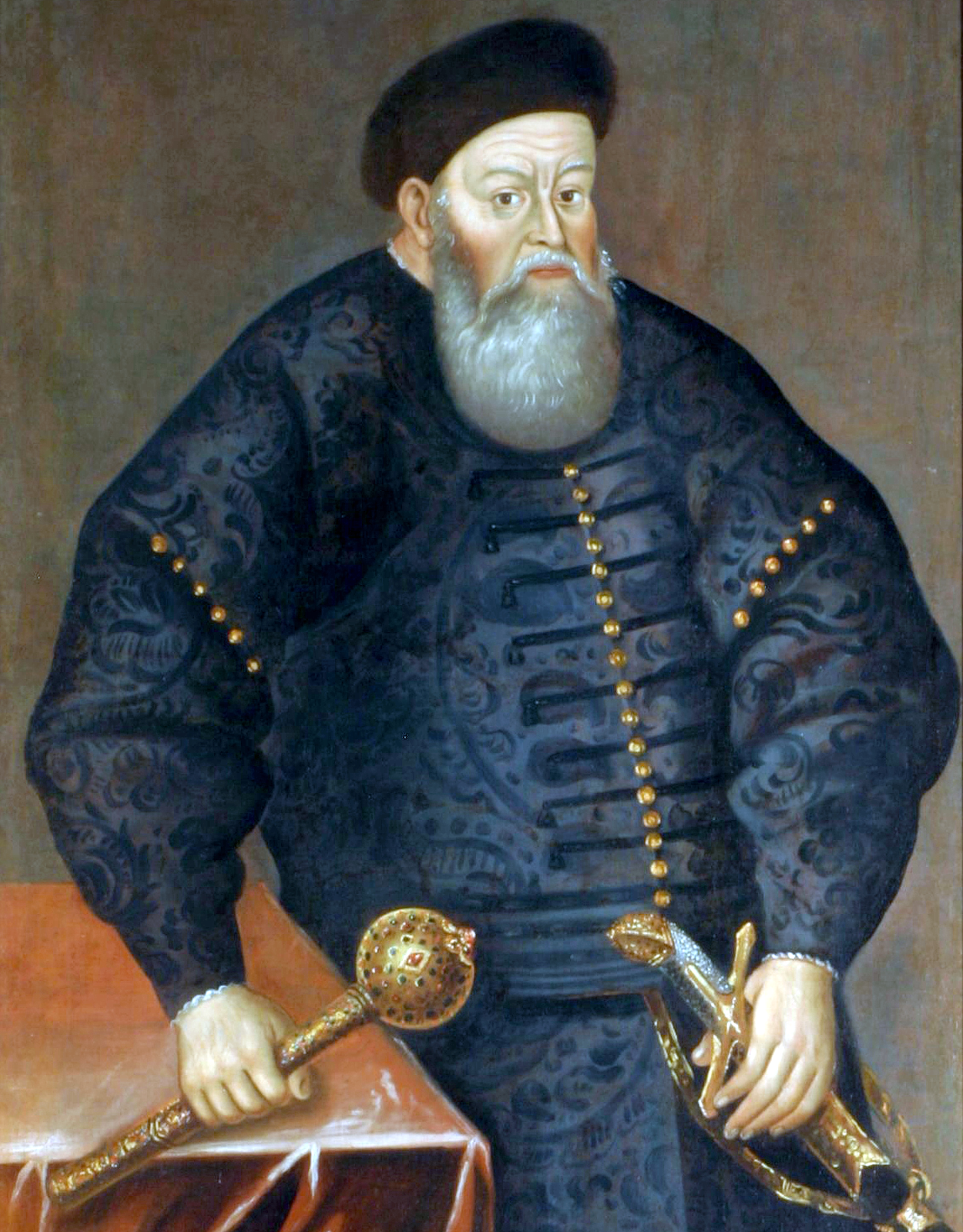
Prince Kostiantyn of Ostroh
1526–1608
This Ukrainian nobleman in the Polish-Lithuanian Commonwealth founded the Ostroh Academy, the Ostroh printing press and several other educational institutions. The Ostroh Academy became a center of humanist education in the region and the most important Orthodox academy of the era. It exerted a significant influence on future institutions of education in Ukraine.
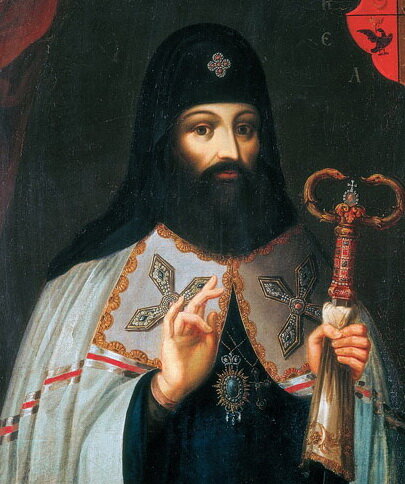
Metropolitan Peter Mohyla
1596–1647
An Orthodox reformer, Peter Mohyla served as the Metropolitan of Kyiv, Halych and All Ruthenia. In 1631, he established a school at Kyiv Pechersk Lavra. With time, that school would go on to become the Kyiv Mohyla Academy, bringing Western standards to Orthodox Christian education. Today, a leading Ukrainian secular university bears its name: the National University of Kyiv-Mohyla Academy.
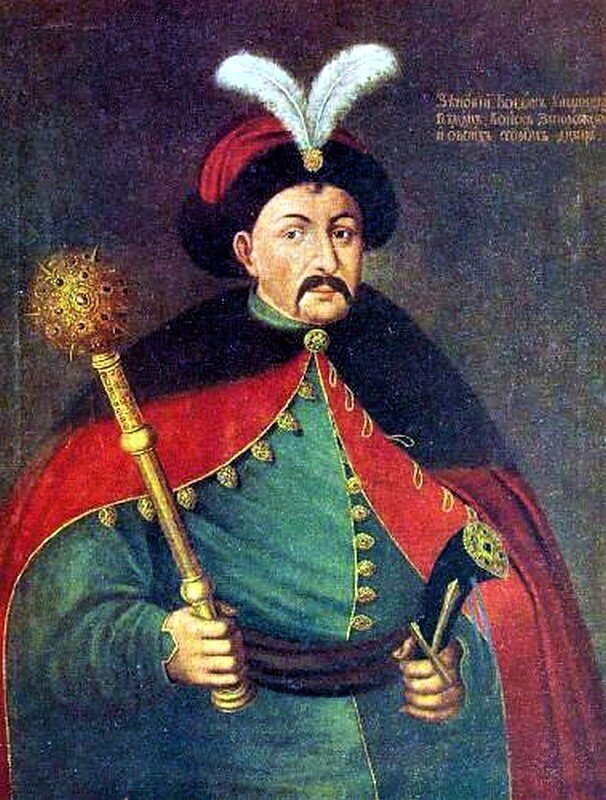
Hetman Bohdan Khmelnytsy
1596–1657
As leader of the Zaporizhian Cossacks, Khmelnytsky led a revolt against the Polish-Lithuanian Commonwealth and established an autonomous Cossack Hetmanate, an early independent Ukrainian state. In 1654, Khmelnytsky signed the Treaty of Pereyaslav, aligning the Hetmanate with the Tsar of Muscovy. That would eventually lead to the Cossack lands’ incorporation into Russia. The Soviet Union would celebrate the treaty as Ukraine’s “reunification” with Russia. In Jewish history, Khmelnytsy is viewed extremely negatively. Participants in the Khmelnytsky Uprising against the Polish-Lithuanian Commonwealth massacred tens of thousands of Jews.
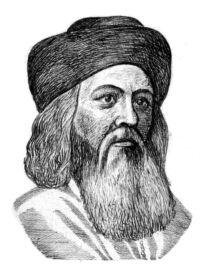
Baal Shem Tov
1698–1760
Israel ben Eliezer, the Baal Shem Tov (“Master of the Good Name”) was a Jewish mystic regarded as the founder of Hasidic Judaism. Orphaned at a young age, he nonetheless mastered the canon of Jewish wisdom, including the Kabbalah. Soon he gained the reputation of a holy man among Jews in 18th century Ukraine and eventually settled in Medzhbizh (in today’s Khmelnytskyi Oblast) with his disciples. After his death, Hasidism would spread widely throughout Europe. Today, the Baal Shem Tov’s grave is a pilgrimage site for Hasidic Jews.
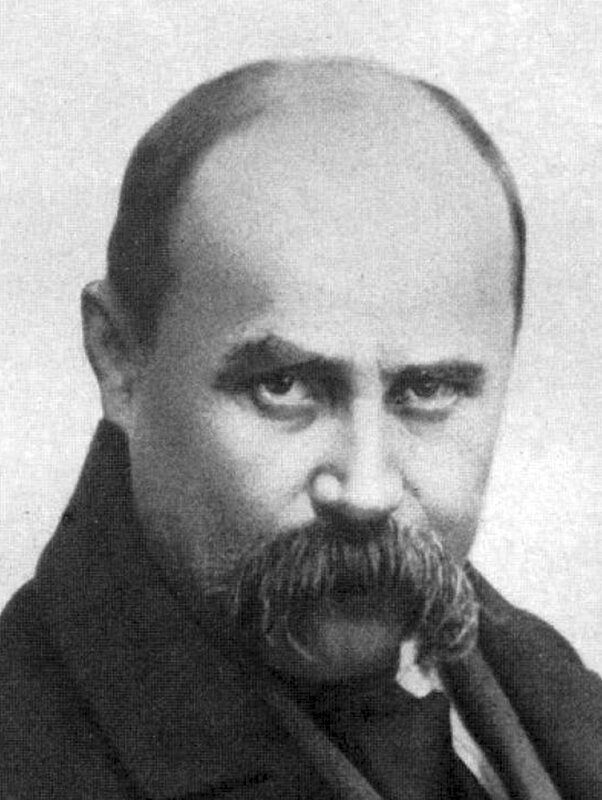
Taras Shevchenko
1814–1861
A Ukrainian poet and painter, Shevchenko wrote works that revolutionized the Ukrainian language and its poetry. Born into serfdom, Shevchenko trained as an artist in St. Petersburg after a group of artists in the city bought his freedom. Despite his work in painting, Shevchenko made a lasting mark in poetry, choosing to write in Ukrainian out of a sense that Ukrainians should have a literature in their own language. In 1847–1859, Shevchenko was exiled to today’s Kazakhstan for a poem mocking the tsar’s family. He would never return to Ukraine. Shevchenko’s works expressed Ukrainians’ longing for freedom from tyranny. In his poem “Testament,” he calls on Ukrainians, “then rise ye up” and “in that great new family/The family of the free/With softly spoken, kindly word/Remember also me.”
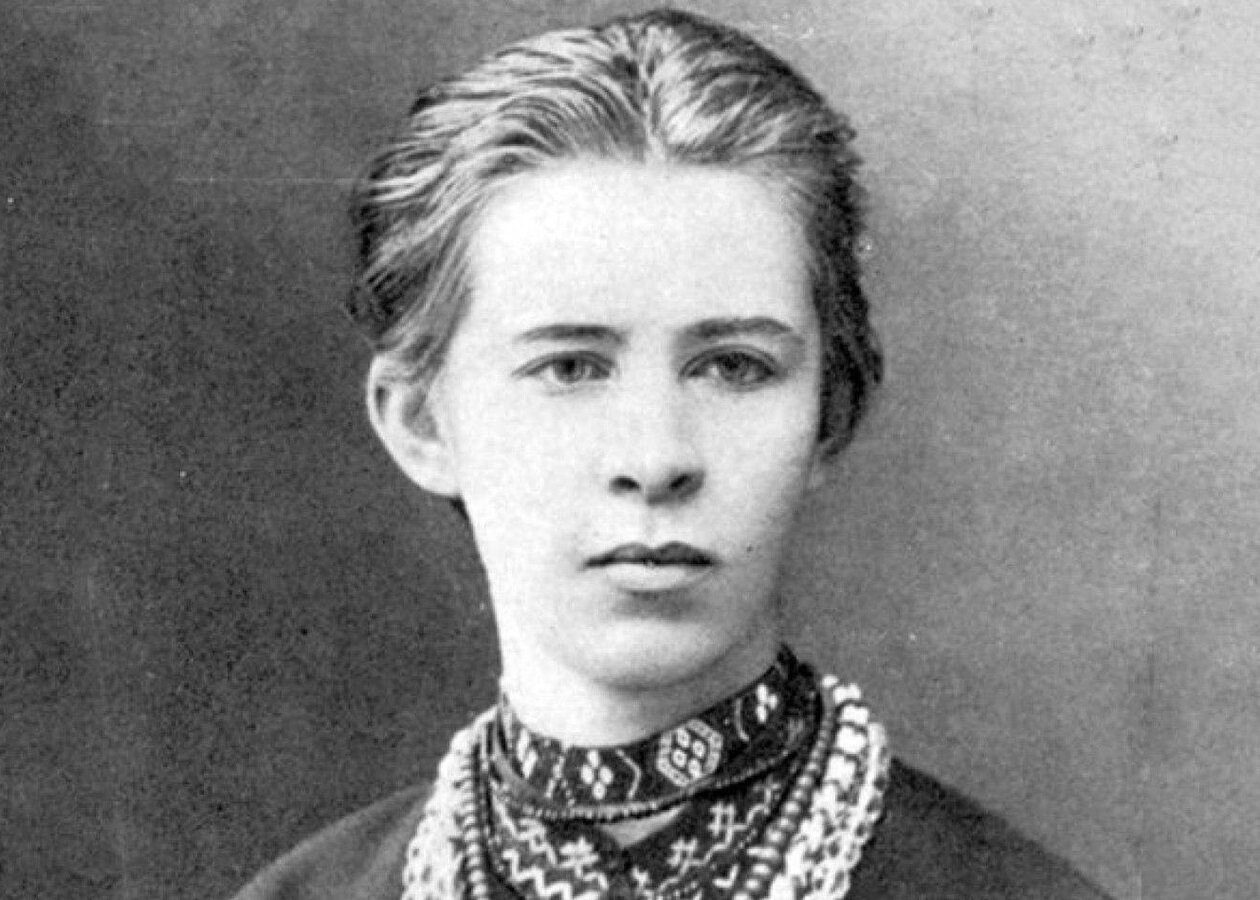
Lesia Ukrainka
1871–1913
Under the pen name Lesia Ukrainka, Larysa Kosach was one of the most renowned poets and writers in the history of Ukraine, drawing inspiration from Shevchenko and other poets of the period and building a body of work that commands great respect to this day. Suffering from tuberculosis of the bone, to which she would lose her hand, she did not receive formal education outside the home and devoted herself fully to writing. She also translated works from Western and Slavic languages, as well as from classical Greek and Latin. An ardent socialist and supporter of the Ukrainian national movement, Lesia Ukrainka opposed tsarism and was an early Ukrainian feminist.
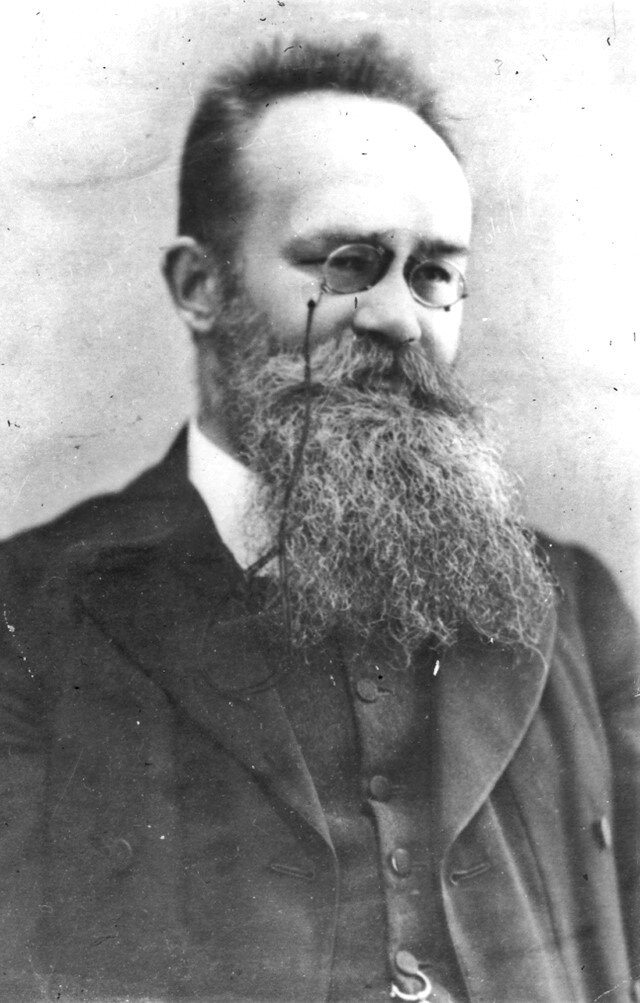
Mykhailo Hrushevsky
1866–1934
There would be no Ukrainian history without Mykhailo Hrushevsky. His masterwork, History of Ukraine-Rus, written in 1895–1933, told the story of Ukraine from ancient times to the middle of the 17th century and first separated the Ukrainian narrative from the Russian one. In his work, Hrushevsky emphasized Ukrainian national identity, which drew from the Cossacks, Kyivan Rus and even further back into antiquity. After the 1917 revolution, he proclaimed Ukraine’s independence and was the first leader of the short-lived Ukrainian People’s Republic. After the establishment of the Soviet Union, he became a target of the Stalinist purges and was exiled to the Caucasus, where he died.
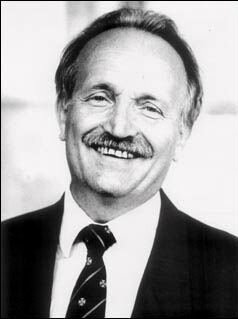
Vyacheslav Chornovil
1937–1999
A long-standing dissident in the Soviet Union, Vyacheslav Chornovil became one of the most prominent political leaders of the Ukrainian national movement in the 1980s and 1990s. As a journalist and researcher, he wrote about the abuses of the Soviet system, the imprisonment of dissidents and human rights violations in the USSR. As a result of his work, he was repeatedly sent to labor camps, spending 17 years as a political prisoner. During Perestroika, Chornovil led the Narodnyi Rukh (“People’s Movement”) political party, the first legal political movement recognized by the Soviet government in Ukraine, and was a lawmaker in the first three convocations of the country’s independent parliament. He also ran for president in 1991, but lost to Leonid Kravchuk. He was expected to run again in 1999, but died in a suspicious car accident six months before the election.
You can also highlight the text and press Ctrl + Enter












